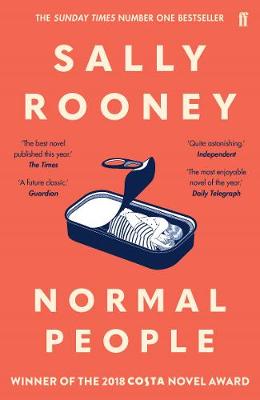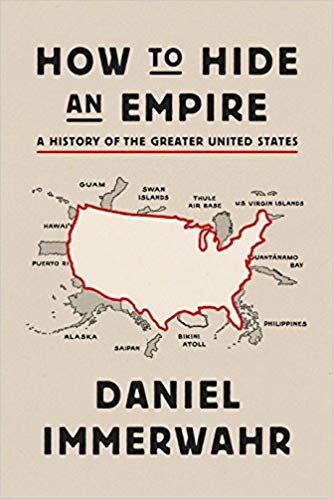I read forty books this year, fewer than normal. Not sure why, I still read every day. Usually I have a new specialist area or two that contribute a number of books to the list, but this year was more generic.
Top picks are below, and you can find the full list over at Goodreads. If you only read one, make it We Are the Weather.
| 1 | 1 |
|---|---|
| 2 | 5 |
| 3 | 7 |
| 4 | 13 |
| 5 | 9 |
| 100 | 2 |
|---|---|
| 200 | 4 |
| 300 | 7 |
| 400 | 11 |
| 500 | 7 |
| 600 | 3 |
| 700 | 0 |
| 800 | 1 |
| 900 | 0 |
| 1000 | 0 |
Fiction
Normal People by Sally Rooney
Can’t believe I’m giving top marks to a book about awkward teenagers, but here we are.
He finds himself rushing to the end of the conversation so they can hang up, and then he can retrospectively savour how much he likes seeing her, without the moment-to-moment pressure of having to produce the right expressions and say the right things.

King of Scars by Leigh Bardugo
Fun read of the year. Fresh fantasy with assertive characters.
Bright Shiny Morning by James Frey
A picture of LA, intertwining several characters from LA: a homeless alcoholic, a narcissistic movie star, a young couple having just moved and struggling to survive. Frey’s prose is unique and wonderful.
Not all facts are fun. Some are, some are really fucking fun, but not all of them. Volume 1 of Facts Not So Fun Los Angeles.
History
How to Hide an Empire by Daniel Immerwahr
Best history book I’ve read. Fast paced, interesting, and about a topic I don’t know much about: American colonies and conquests abroad such as the Philippines and Puerto Rico.
Since 1945, U.S. armed forces have been deployed abroad for conflicts or potential conflicts 211 times in 67 countries. Call it peacekeeping if you want, or call it imperialism. But clearly this is not a country that has kept its hands to itself.

Endurance by Alfred Lansing
The story of Ernest Shackleton’s 1941 failed attempt to reach the South Pole. Phenomenal story, well told, wouldn’t be believable as fiction.
Age of Ambition by Evan Osnos
A recent history of China, told through stories from a wide cast of both everyday and notorious Chinese people. Gave me new perspective, particularly around censorship.
Other Non-Fiction
How to Change Your Mind by Michael Pollan
Interesting history of psychedelics, with a particular focus on research and healing communities (as distinct from say, The Electric Kool-Aid Acid Test), along with the author’s own personal introduction. The last five years have seen a resurgence in research and very promising early results on treating all sorts of things with psychedelics: depression, addiction, existential anxiety in cancer patients.
Range by David Epstein
Surprisingly good, wasn’t expecting so many new stories and research. Particularly shocking and insightful for me was that positive student evaluations of instructors has been found to be inversely correlated with long term learning, and in general students misevaluate how well they have learned with different techniques.

Between the World and Me by Ta-Nehisi Coates
Short and powerful.
But all our phrasing—race relations, racial chasm, racial justice, racial profiling, white privilege, even white supremacy—serves to obscure that racism is a visceral experience, that it dislodges brains, blocks airways, rips muscle, extracts organs, cracks bones, breaks teeth. You must never look away from this.
We Are the Weather by Jonathan Safran Foer
Loved the author making a genuine attempt at introspecting his dissonance between “I believe climate change is real” and “I am not changing my behaviour”. It’s directly written to people like me – I already accept the science … what now? Particularly enjoyed the socratic dialogue with his soul in chapter 4, perhaps the only such dialogue I’ve felt was effective.
Surprisingly not so much about veganism, which was unexpected but welcome – it is a much better and deeper book than “eating animals is bad for the environment”.
If I’d read the previous sentences in high school, I’d have dismissed them as a bursting sack of self-serving bullshit—messiness of life?—and been deeply disappointed by the flimsy person I was to become. I’m glad that I was who I was then, and I hope that other young people have the same inflexible idealism. But I’m glad that I am who I am now, not because it is easier but because it is in better dialogue with my world, which is different from the world I occupied twenty-five years ago.